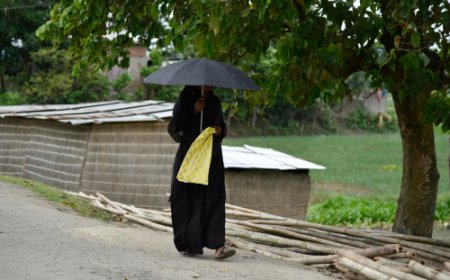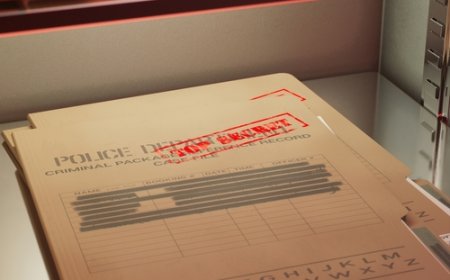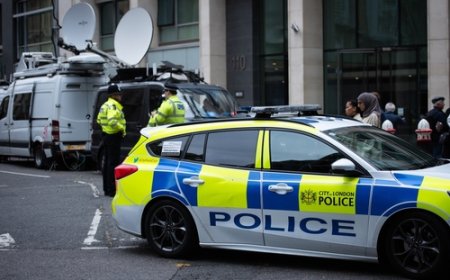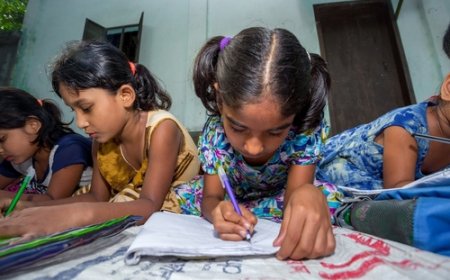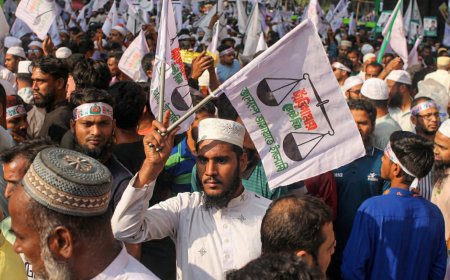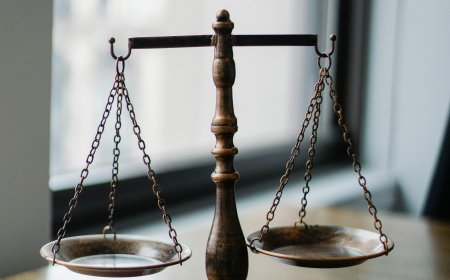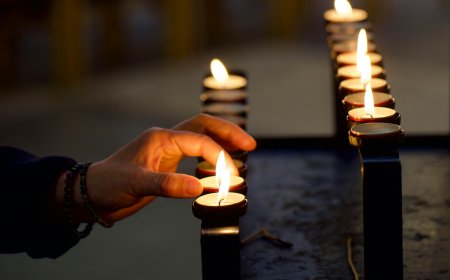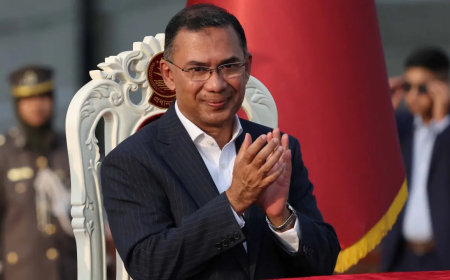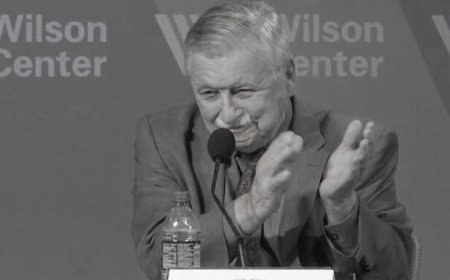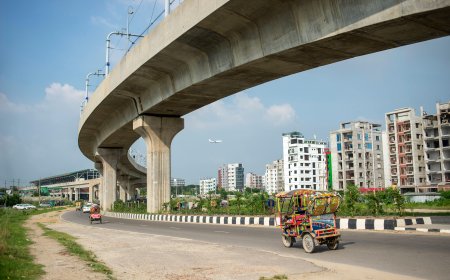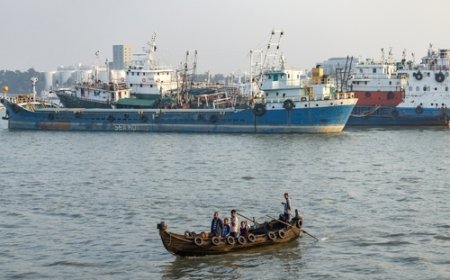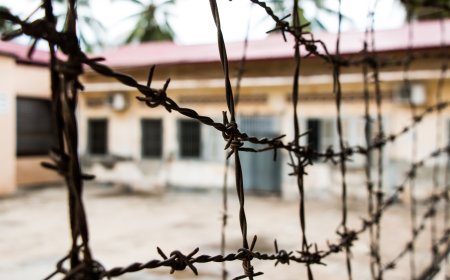Is India Bound to Extradite Sheikh Hasina?
The India-Bangladesh Extradition Treaty allows either country to request extradition with an arrest warrant and a conviction. Procedurally, Bangladesh meets the threshold: Hasina has been convicted and sentenced. On paper, this gives Dhaka a strong case. But extradition is never just about procedure. It hinges on interpretation -- and political will.

Bangladesh crossed a dramatic and deeply divisive threshold last week. The International Crimes Tribunal handed former Prime Minister Sheikh Hasina a death sentence for crimes against humanity, following last year’s deadly crackdown on student protesters. The uprising toppled her government and forced her to flee to India on August 5.
Now, with the verdict delivered, a single question dominates Dhaka, New Delhi, and global diplomatic circles:
Is India legally obligated under the 2013 Extradition Treaty to send Sheikh Hasina back?
The answer lies not in black-and-white legal text, but in the murky intersection of treaty law, diplomacy, and geo-politics.
The Treaty Gives Bangladesh a Path -- But It’s Not a Straight One
The India-Bangladesh Extradition Treaty, signed in 2013 and streamlined in 2016, was designed to deepen bilateral cooperation on criminal justice and counter-terrorism. It allows either country to request extradition with an arrest warrant and a conviction. Procedurally, Bangladesh meets the threshold: Hasina has been convicted and sentenced. On paper, this gives Dhaka a strong case.
But extradition is never just about procedure. It hinges on interpretation -- and political will.
The Tribunal: Domestic But Controversial
The International Crimes Tribunal is a domestic court established by Bangladesh to try war crimes and crimes against humanity. While it has legal standing under Bangladeshi law, its proceedings have long drawn criticism for lacking transparency and impartiality -- especially in politically charged cases.
This context matters. India must assess not just the verdict, but the credibility of the process that produced it.
Article 6: The Political Offence Escape Hatch
Article 6 of the treaty permits India to refuse extradition for “political offences.” While crimes like murder and genocide are explicitly excluded from this category, the context matters.
India could argue that Hasina’s trial -- conducted by an interim government following a political uprising -- is inherently political. For a regional power that long viewed Hasina as a strategic ally, this argument is not only legally viable but diplomatically expedient.
Article 8: India’s Strongest Legal Argument
This is where the case shifts decisively. Human Rights Watch and Amnesty International have condemned the trial for failing to meet international standards of fairness and due process. Their statements highlight procedural violations, lack of transparency, and concerns about judicial independence. While they stop short of alleging political motivation, their critiques raise serious doubts about the legitimacy of the proceedings.
Under Article 8, India can refuse extradition if it would be “unjust,” “oppressive,” or based on bad faith accusations. These criticisms give India a robust legal shield:
- It can challenge the credibility of the verdict.
- It can claim Hasina faces persecution, not prosecution.
- It can argue that extradition would breach India’s human rights commitments under international law.
In short, international condemnation strengthens India’s legal and moral case for refusal.
Article 7: The Domestic Prosecution Option
India also retains the right to prosecute Hasina on its own soil for the same offences. While unlikely, this clause offers another route to avoid extradition without breaching treaty obligations.
Diplomacy, Not Law, Will Decide What Happens Next
Even with treaty provisions in hand, this decision will be political. Hasina was India’s closest partner in Dhaka for over a decade. Strategic cooperation flourished under her leadership. Extraditing her now -- especially to face execution -- would carry immense diplomatic risk.
India has already signalled caution, stating it is “engaging through diplomatic channels.” In diplomatic parlance, this means: India will act based on its interests, not external pressure.
And with human rights groups questioning the trial’s fairness, New Delhi’s hesitation will only deepen.
Bottom Line
Bangladesh may have secured a conviction, but extradition is far from guaranteed. The treaty provides mechanisms -- but none are absolute.
- Article 6 offers political cover.
- Article 7 provides an alternative.
- Article 8, backed by global watchdogs, gives India a powerful legal justification to refuse.
Ultimately, Bangladesh can request but India can decline. And the louder the international outcry over the trial’s fairness, the easier it becomes for New Delhi to say: Extradition is neither legally required nor morally defensible under the treaty -- or under India’s obligations to international human rights law.
In sum, Sheikh Hasina is going nowhere.
What's Your Reaction?













